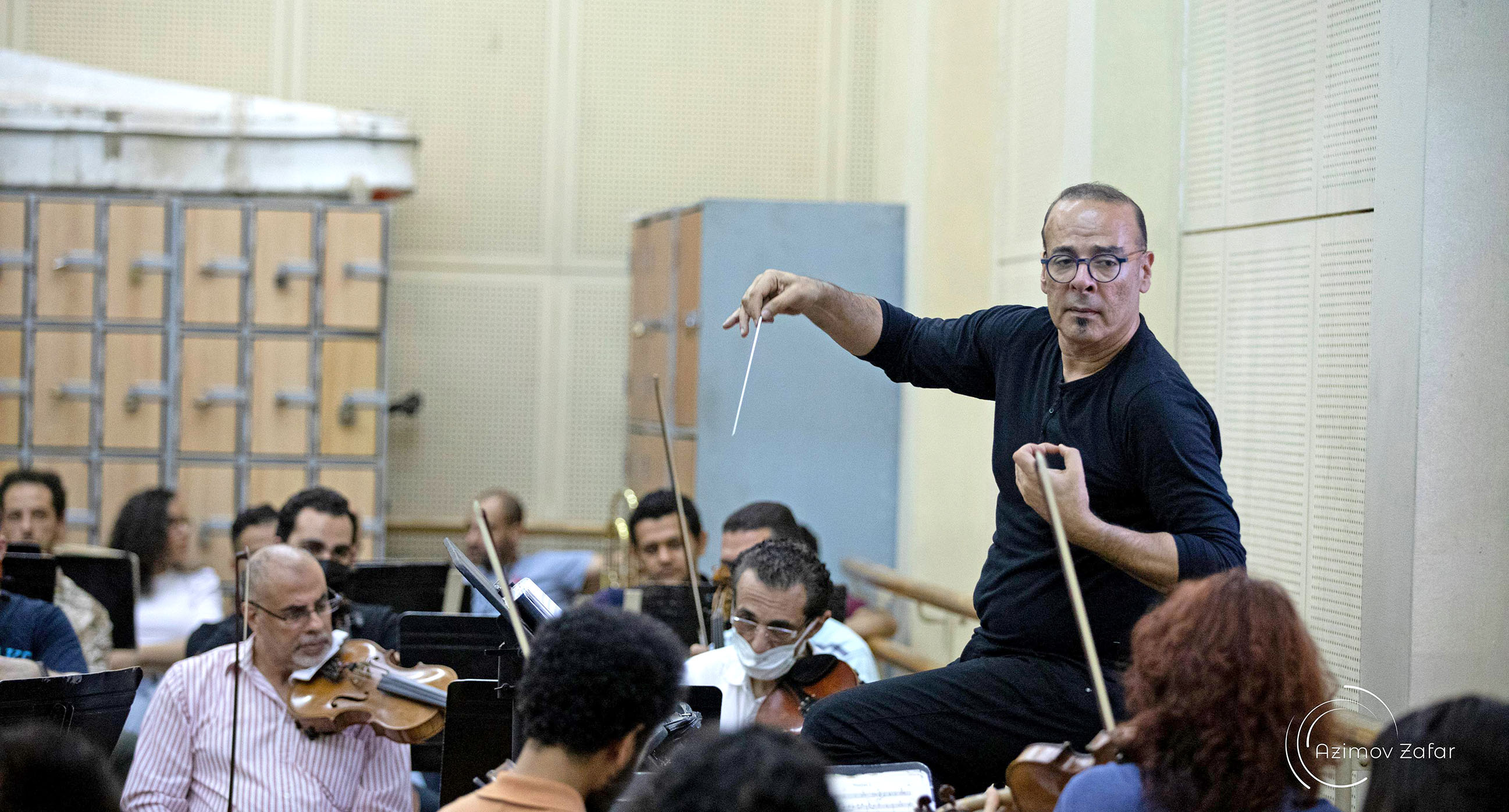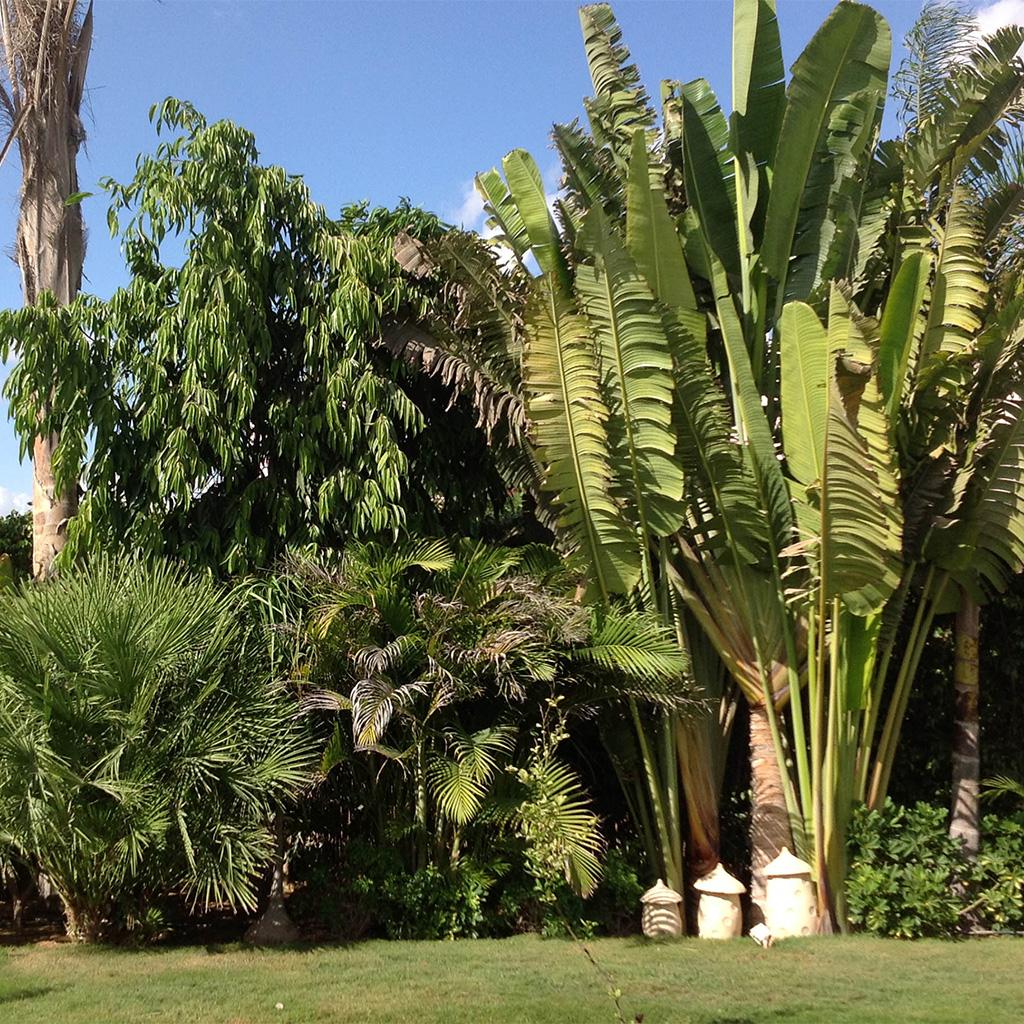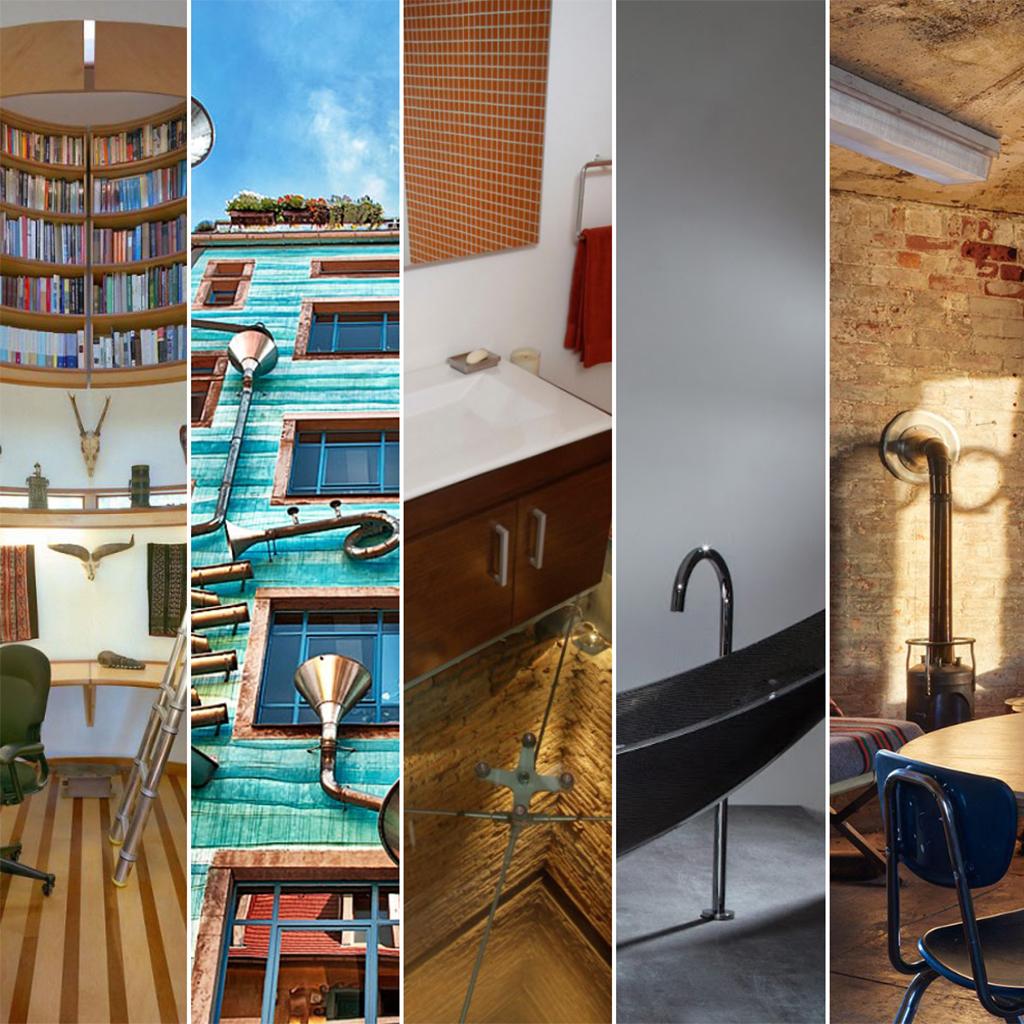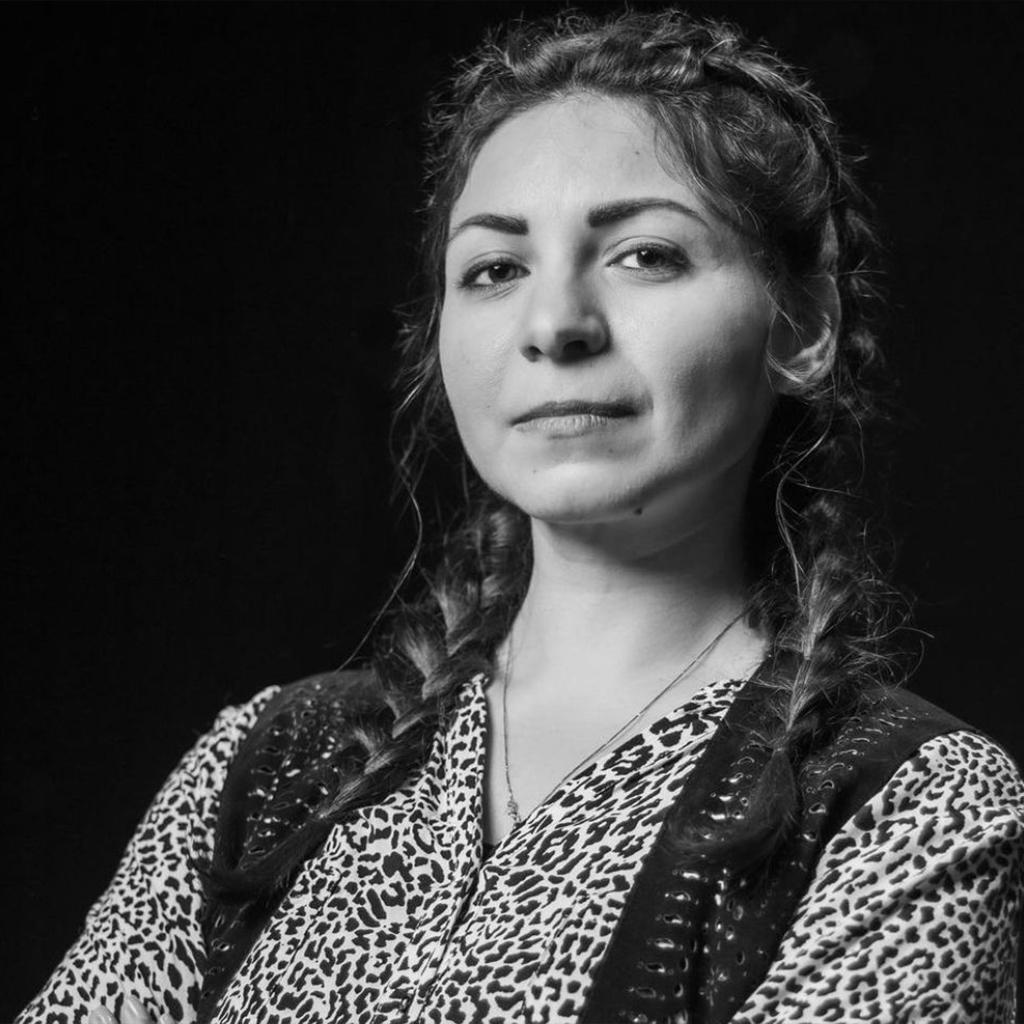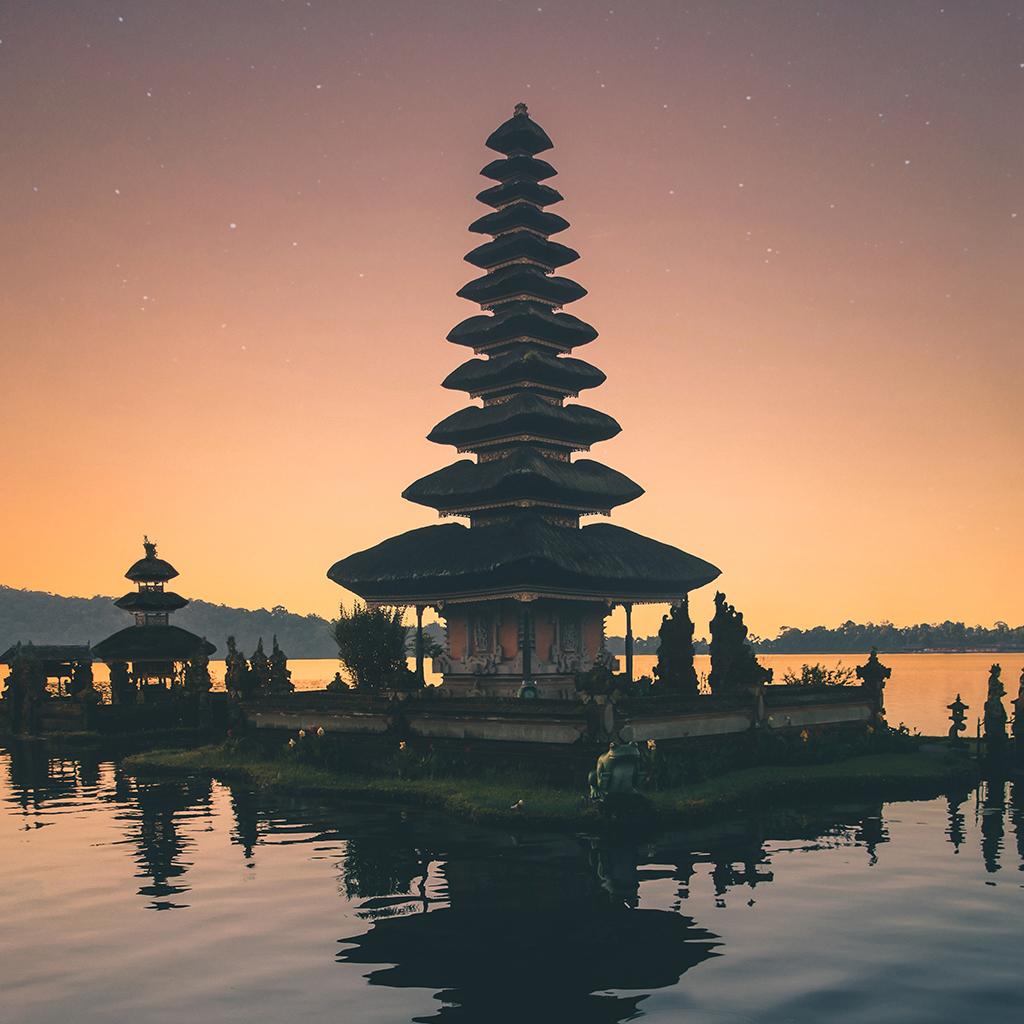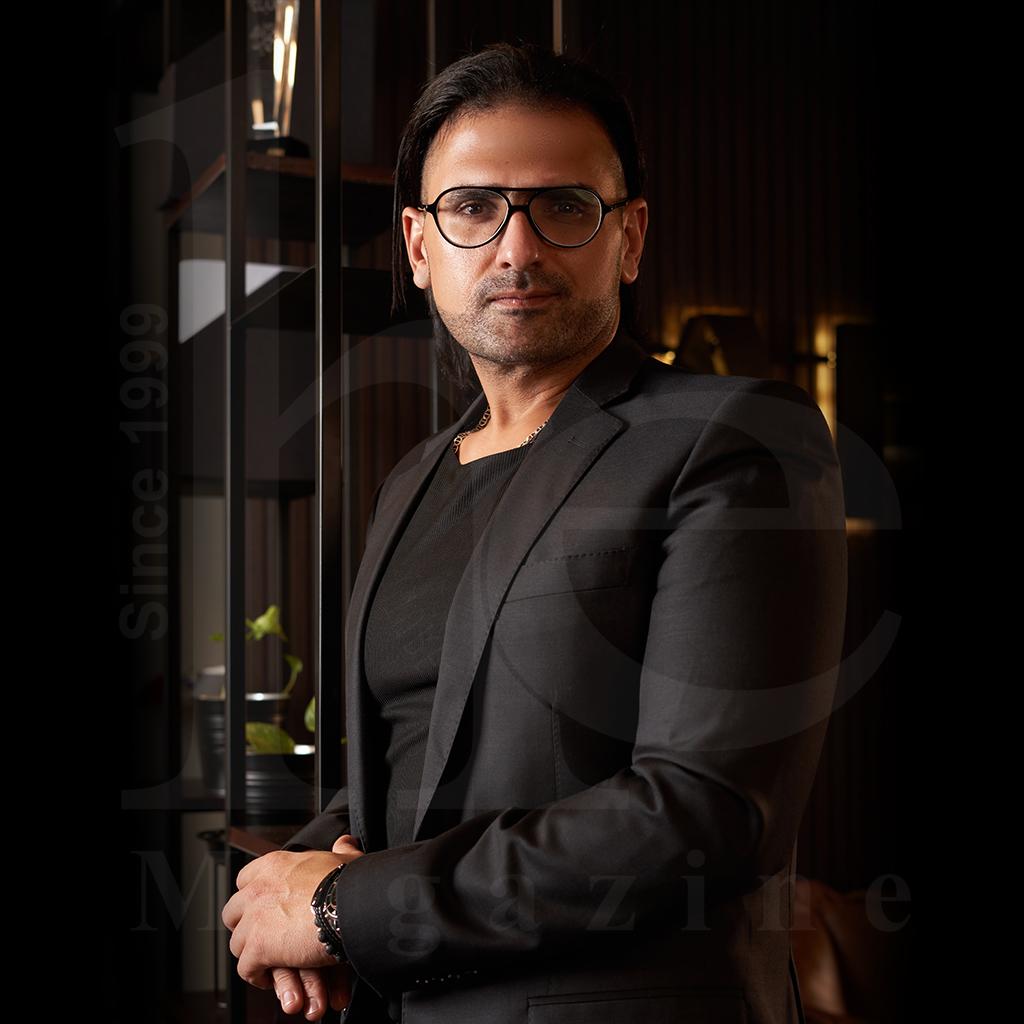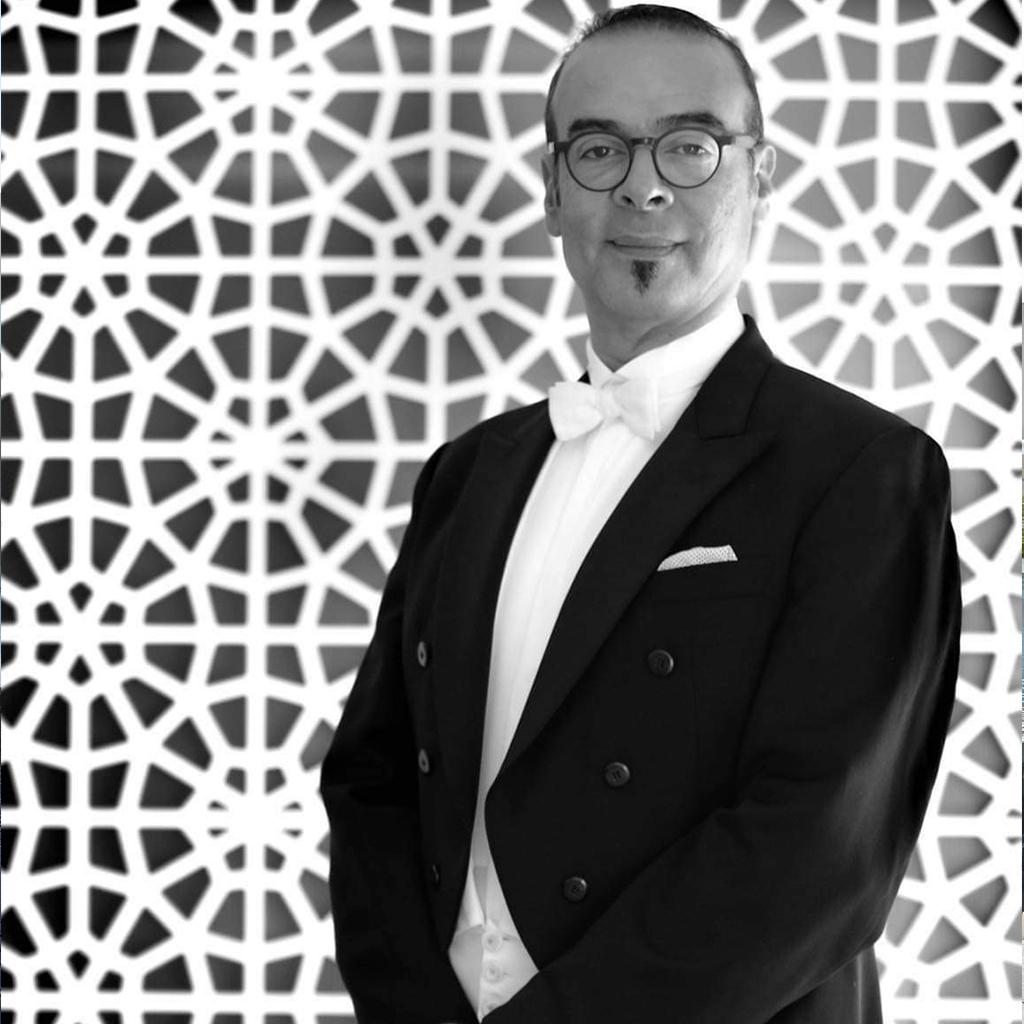
Date: 2021-09-01
Did we ever expect that classical music can inspire a nation? That people on the street would be singing the melody of a concert for days, and that children would be conducting imaginary orchestras and sharing their excitement on social media? The concert and the globally live-streamed parade of the Royal Mummies made Egyptians proud and surprised the world. This great success was proof that classical music can reach everyone and all generations.
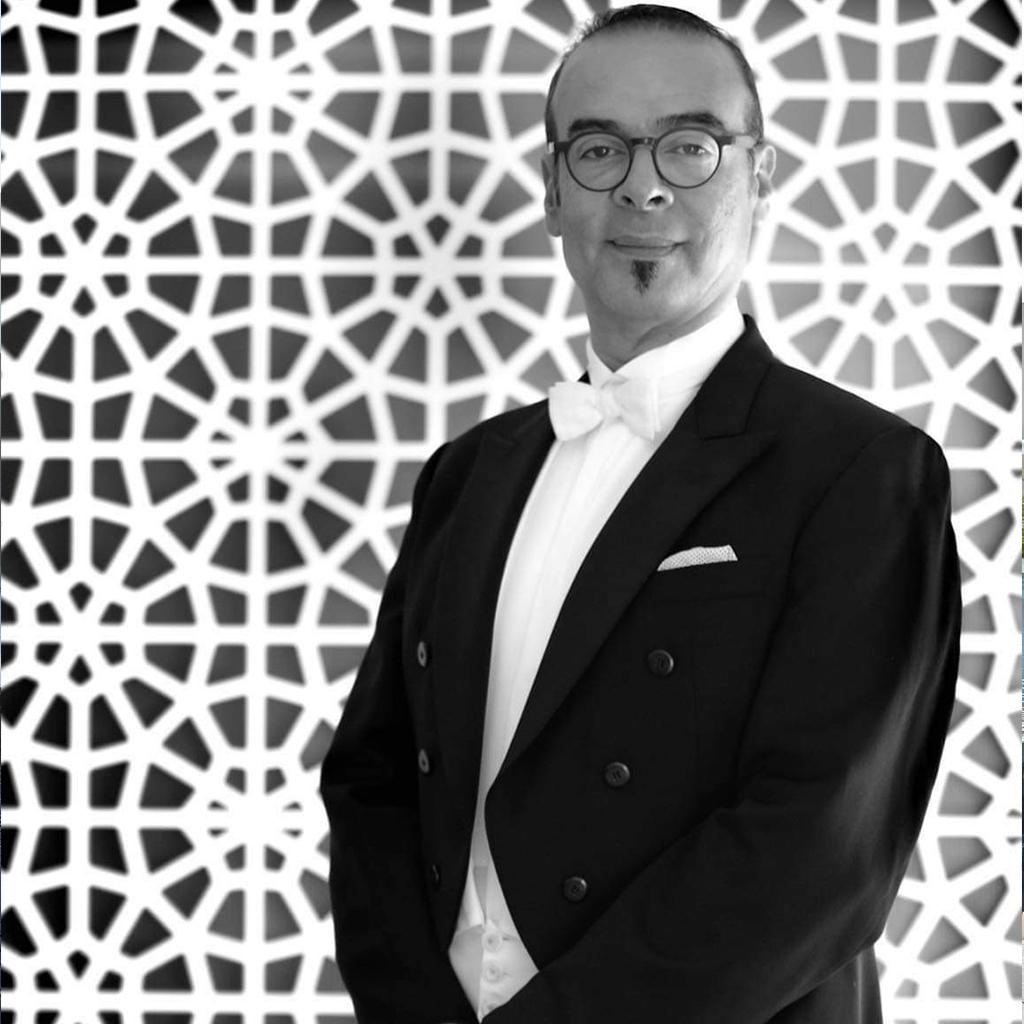
Did we ever expect that classical music can inspire a nation? That people on the street would be singing the melody of a concert for days, and that children would be conducting imaginary orchestras and sharing their excitement on social media? The concert and the globally live-streamed parade of the Royal Mummies made Egyptians proud and surprised the world. This great success was proof that classical music can reach everyone and all generations.
The enormous impact of the “Golden Parade” was global and its recognition on philharmonic orchestra music was significant at the time before and after the parade; so was the Maestro, Nader Abbassi! His vision was to cut the gap between people and classical music and to inspire the community and all parts of society. The artistic variety including film music and the fusion between classic and oriental music shall be addressed to all. Never before did classical music receive this awareness, and Abbassi aims to continue this intensive dialogue and strongly address the young generation.
With the parade concert, the decades of international experience as a musician, opera singer, composer, and conductor reached a peak. Since the age of five, Abbassi spent his days singing all day long—for his school friends, family, or whoever was around— and playing the percussion or organ. He used every opportunity he had to perform, and once he saw a piano, he enjoyed his preferred game, the Musical Chairs, putting chairs for all the family in place and playing melodies. And as a talented kid who loved to perform, the bed was his stage.
Intensive dialogue and strongly addressing the young generation
“I loved music so much,” Abbassi said, and luckily his parents supported his passion, watched the growing enthusiasm, and encouraged his talent enormously. On his first day at the conservatoire, at the age of 14, he felt his dream was becoming true. He found his life there, where music was all around, from all windows, and even the opera music became familiar at once. The Russian committee had chosen the study of the bassoon for him; initially not his preferred instrument, but practicing 9 hours a day, he became excellent at it, loved it to a great extent, and then he decided two years later to start his composition study based on his dream to play the piano too, the leading instrument in composition. He started his career in bassoon after graduating, and he started composing in Geneva where he was chosen as the first bassoon player of the Geneva Chamber Orchestra out of 60 musicians. Spending the 8 years as a member of the orchestra, studying and playing, he knew he was ready for another step and joined the singing class at the conservatoire, took his second master and after 8 years in the orchestra, he sang Basso Profondo at the Grand Theatre in Geneva for ten years.
“While singing on stage, I found my other life,” he said. Still, another part of his artistic life was waiting for him: He got invited to take part in a composition competition in Egypt, where he won the first prize. This was when the Geneva Opera House realized for the first time his composing talent. The director loved his work and decided to use his composition for the ballet of the Geneva Opera Company. For the needed recordings of the composition for the ballet rehearsals, he worked with the Cairo Opera Orchestra; and this was meant to be the start of his life as a conductor. He conducted his own composition for the farewell of the Opera Director, Renée Auphan, with the Orchestre de la Suisse Romande.
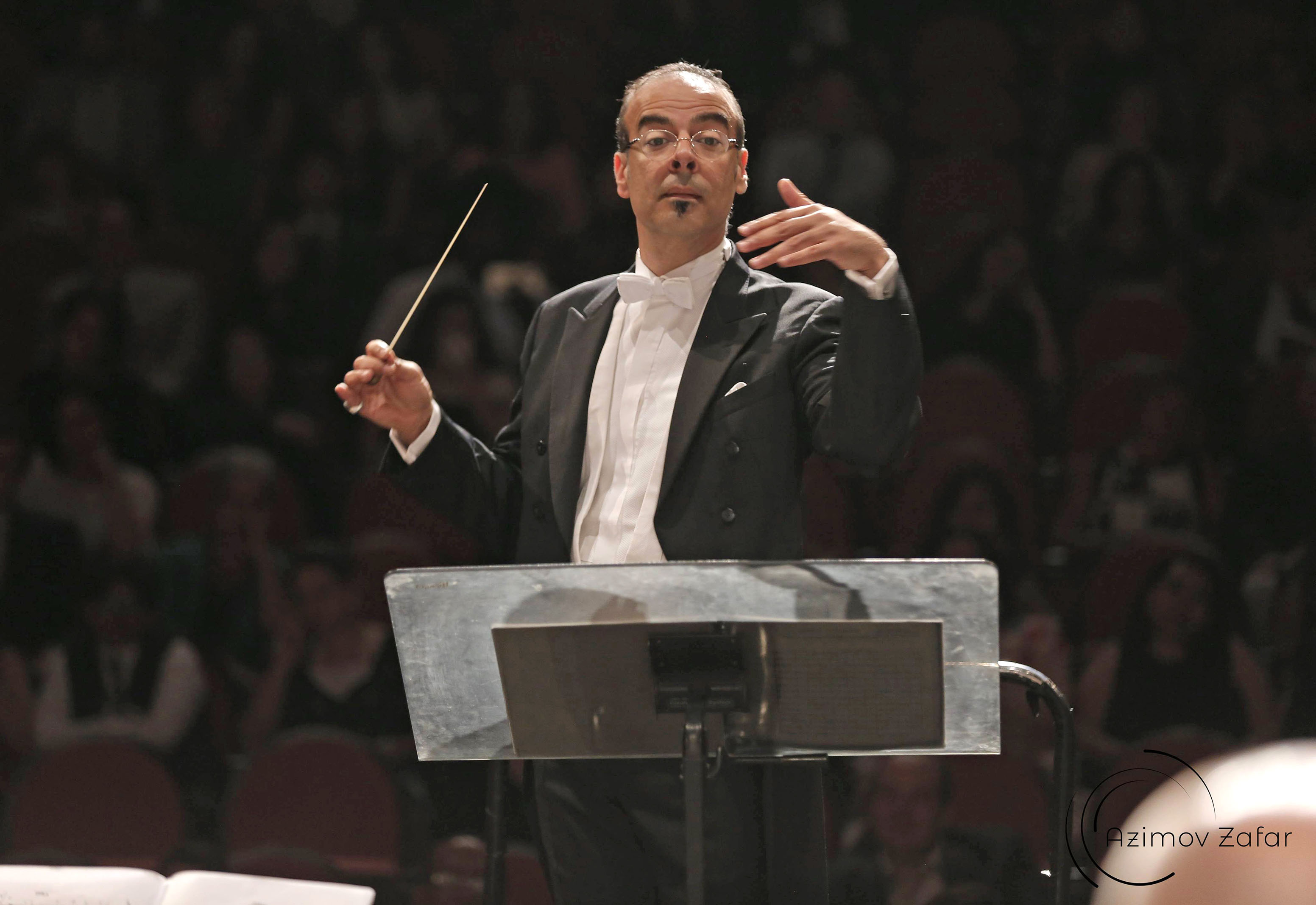
First Egyptian conductor who ever performed in Opera Houses Europe
He took the advice he once had: “…you are a conductor” very seriously and attended the masterclasses in conducting by Ernst Schelle. He was immediately titled as Artistic Director and Principal Conductor at the Cairo Opera House in 2002 for ten years. He made his acclaimed debut as conductor with Opera ‘Aida’ at the Great Pyramids of Giza in 2002. Abbassi was the first Egyptian conductor who ever performed in several Opera Houses in Europe and went to several continents. Under his direction, the Cairo Opera Orchestra was invited to various festivals, opera productions, and concerts in Greece, Mexico, Germany, China, Oman, and France, and he conducted many operas, ballets, and symphonic concerts as well.
Abbassi, the artistic director and founder of the United Philharmonic Orchestra boomed in his conducting career thanks to his wide professional experience as a singer, bassoonist, and composer. Connecting cultural souls by the universal language of music has been his passion since forever, as well as addressing the young generation. He is also the artistic director of the “Orchestre pour la Paix” in Paris, founded in 1988, by the Argentinian pianist Miguel Estrella, that unites young professional musicians from all over the world for the promotion of a peaceful dialogue between different cultures. In July 2009, Nader Abbassi was the first musical director and principal conductor of the ‘Qatar Philharmonic Orchestra’ (QPO).
“Music has no borders ….”
His vision in 2015 to create his own United Philharmonic Orchestra and Choir was strongly desired and the talents were deserved to be expressed globally. “Music has no borders by any means,” Abbassi said, and the recognition of the orchestra and choir internationally is the proof.
The professionalism found in every detail in the design and the execution of the parade concert and the perfect teamwork were headed by the role model of many musicians: Maestro Nader Abbassi directed the enormous United Philharmonic Orchestra & Choir with 120 musicians and 100 singers in presence of H.E. Abdelfattah El Sisi, President of the Arab Republic of Egypt, presenting the contemporary country honoring the heritage, and leaving Egyptians and the world in awe.
The world joined live from every place; Africa, Europe, America, China, Japan, Australia and other countries, witnessing the majestic journey of the twenty-two mummies of Egyptian Kings and Queens belonging to the New Kingdom of Ancient Egypt from the Egyptian Museum at Tahrir Place to the National Museum of Egyptian Civilization.
The soloists: Amira Selim, Nesma Mahgoub, Reham Abdelhakim, and Salma Sorour impressed everyone with their voices. Abbassi decided specifically to highlight the strength and competence of Egyptian female artists.
The monumental composition by Hesham Nazih has been created to express the essence of the Ancient Egypt civilization, a musical tapestry boasting different styles of Egyptian music through history with a contemporary twist.
